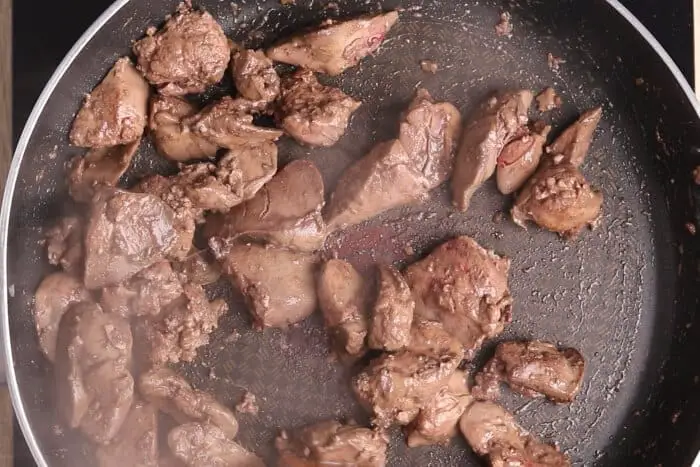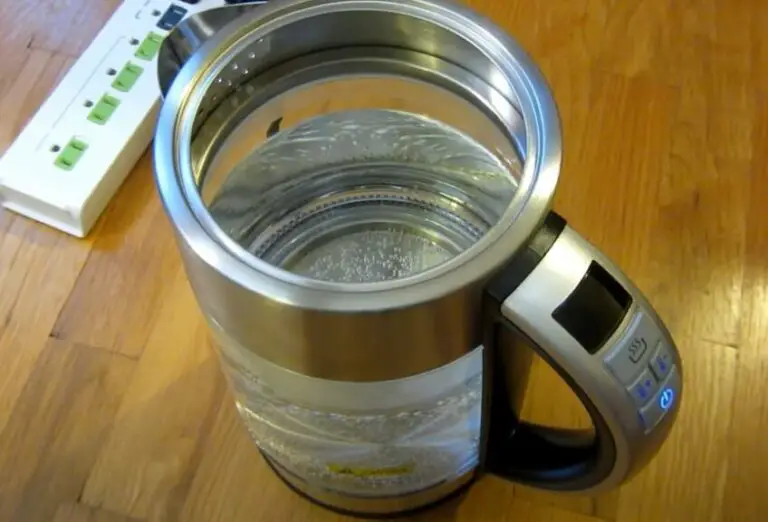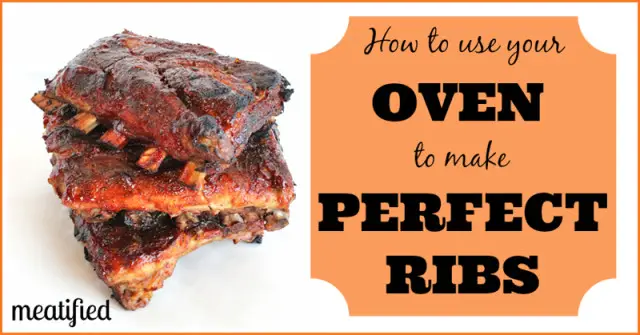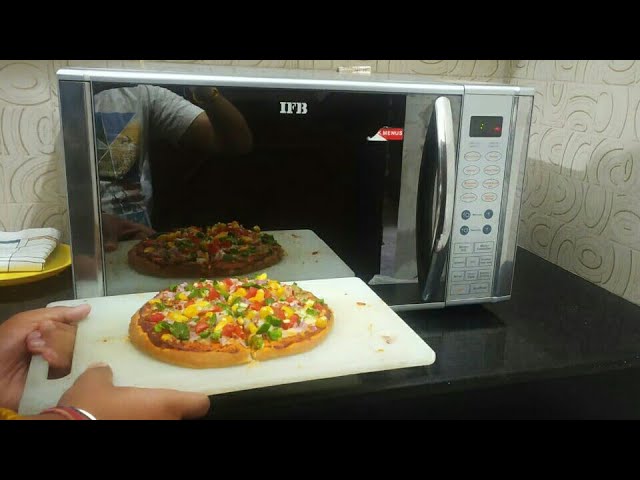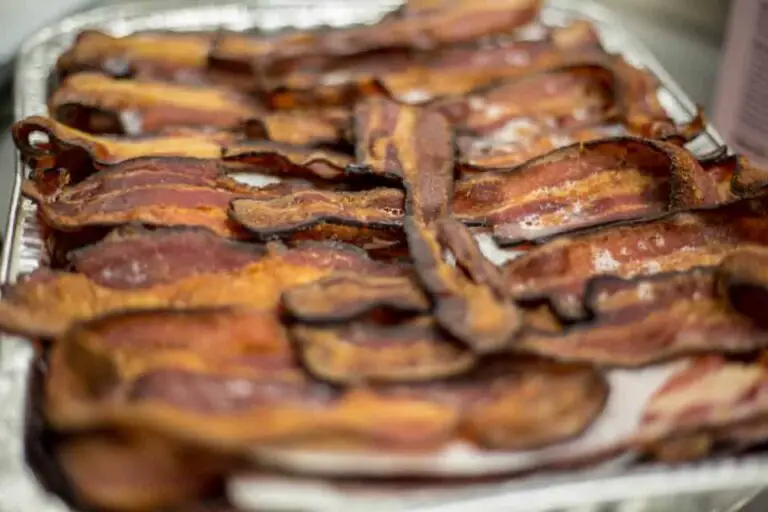Liver is a nutritious and flavorful protein source that can add variety to your meals. Whether you are cooking beef liver, chicken liver, or pork liver, it is important to know if you can cook it from frozen. In this article, we will explore the safety of cooking frozen liver, walk you through how to properly prepare and cook thawed liver, discuss common mistakes to avoid, and weigh the benefits and drawbacks of cooking frozen meat.
Understanding the Safety of Cooking Frozen Liver
Cooking frozen liver presents certain risks when it comes to both quality and safety. The best practice is generally to thaw the meat first before cooking it. Here are some factors to consider when deciding if you should cook your liver from its frozen state:
Will Cooking Frozen Liver Affect its Quality and Safety?
When any food item is cooked from a frozen state, it increases the risk of an unevenly cooked meal since ice crystals within the meat could cause inconsistent cooking. That means that parts may remain undercooked while other parts may be overcooked.
In addition, according to USDA guidelines in partnership with FoodSafety.gov, bacteria that have been present before freezing or naturally occurring during freezing could be present even after thorough cooking of the frozen product – increasing risks for foodborne illness (FSIS) . This presents obvious safety issues that can affect your health negatively.
What Are the Risks Associated With Cooking Frozen Liver?
As mentioned above, there is an increased risk of unevenly cooked meat when reheating from a frozen state. This runs parallel with undercooking which has already been highlighted as one major issue.
Another drawback is taste deterioration; Liver tends to become tougher after undergoing extreme temperature changes like going straight from being stored in a freezer into high heat without fully thawing first . It’s difficult enough getting some people excited about eating liver – but if it doesn’t taste good because it was cooked improperly then those who couldn’t stomach it before may never give it another try.
Tips to Ensure Safe Consumption of Frozen Liver
If there’s no way around cooking from frozen, consider doing the following:
- Check the meat for any signs of freezer burn. If it has freezer burn, it is best discarded as its quality may have been compromised.
- Defrost the liver not at room temperature but by thawing in a fridge or a microwave. Doing so will ensure that you don’t cause any growth of bacteria from warm temperatures.
How to Prepare Frozen Liver for Cooking
Proper preparation can make all the difference when it comes to safely cooking frozen liver. Here are some suggested tips and guidelines for preparing your frozen meat:
Proper Thawing Method
There are several methods for thawing frozen liver, including:
- Thawing in a refrigerator: You can leave the frozen liver in the fridge from between 24-48 hours depending on size.
- Cold Water Bath: Submerge tightly wrapped/sealed liver in cold water changing out every 30 minutes until fully thawed.
- Microwave thawing: Similarly to defrosting in the fridge comes with different suggestions depending on your model – consult instructions.
No matter your choice of method, it’s important to maintain food safety protocol while also reducing risk. That means washing hands properly and ensuring no cross-contamination during handling via separate cutting boards etcetera.
Factors That May Affect The Thawing Process
Several factors could impact how long it takes for your liver to defrost properly. Some of them include:
- The weight/size of the frozen meat
- The method used for defrosting
- The temperature outside – for instance if it’s hot and humid (which is conducive to microbial growth)
That means even when planning things out perfectly according to rulebooks, be ready to adjust slightly if needed
Recommended Thaw Time For Each Type Of Liver
For liver, total thawing time will depend on your chosen method. Here’s a guideline for recommended thawing times for different kinds of liver:
- Beef Liver: Approximately 12 hours in the fridge and roughly two hours in cold water
- Chicken Liver: About four hours in the fridge
- Pork Liver: At least three hours
Realize that freezing can fluctuate depending on individual’s freezer preference/temperature control settings which could slightly alter actual defrost times as you might need to increase or decrease thaw time depending on the meat size but always refer to the packaging if available.
Best Ways to Cook Thawed Liver
Cooking is where things really get interesting and is part of what makes enjoying liver such a fun culinary experience, regardless of whether it was originally frozen or fresh. Here are some ways to prepare your thawed liver:
Different Methods for Cooking Thawed Liver
There are several ways to cook liver, including:
- Grilling: Marinate in olive oil, salt, and pepper for an hour – throw onto grill at medium heat until cooked while constantly flipping.
- Frying: Preheat vegetable oil on medium heat (working with thin slices), adding any spices you desire first before cooking gets going.
- Baking: Preheat oven between 375-400°F, coat it with any seasonings before baking it inside approximately thirty minutes or until edges crisp.
- Stewing slow-cook boil with other ingredients that complement won’t offset taste then let simmer low-and-slow.
Recipes Recommended for Cooking Types Of Thawed Liver
Here are some recipes for cooking specific types of liver:
- For Beef Heart – try this recipe from Diane Sanfilippo which calls for strategically placed rosemary sprigs during baking process.
- For Chicken Livers – check out these sautéed chicken livers with mushrooms and red wine recipe by Melissa Clark.
- For Pork Liver – She Knows has an easy-to-follow recipe that only needs onions, butter and liver.
Common Mistakes To Avoid When Cooking Liver From Frozen
Knowing what not to do is just as important as knowing what you should do when preparing and cooking liver. Here are a few common mistakes to avoid:
Common Misconceptions About Cooking Frozen Meat
One common misconception while it is fine to defrost meat on the counter for quickness may result in food poisoning (i.e., bacteria growth). Countermeasures would be having thawing plates but still avoiding outside temperatures for extended periods.
Another myth is it’s safe to serve partially frozen meat. Partial thawing slows cooking times and doesn’t allow even heat distribution – which can affect texture, taste, quality, and also increase your risk for foodborne illness thus risks should always be taken into account before settling into that decision.
Mistakes To Avoid While Preparing And Cooking Frozen Liver
Here are some mistakes to steer clear of while preparing and cooking frozen liver:
- Removing from plastic before defrosting; doing so removes the protective layer offered by their packaging hence exposing them more than necessary.
- Not keeping the meat wrapped during defrosting process which can lead to an uneven thaw or contamination from other things around.
- Overcooking can result in a significantly less pleasant eating experience putting subsequent diners off.
Benefits And Drawbacks Of Cooking Frozen Liver
So now we’ve covered everything there is to know about cooking liver from its frozen state. But is it even worth doing? Let’s weigh up the pros versus the cons.
Advantages Of Having The Option To Cook From Frozen Meat
Firstly, convenience tops the list of advantages since life gets blessedly busy most times – having stored meat in one’s freezer ensures preparedness against unforeseen circumstances like the sudden arrival of unexpected guests who require entertaining, meal prep deadlines, etcetera.
Additionally, it minimizes waste as small quantities can be thawed and cooked, not to mention the ability to plan meals ahead of time! Plus, with many working remotely nowadays food situations always need to be on the ready hence having reliable frozen meats deliver extra efficiency.
Possible Drawbacks Associated With Cooking From Frozen Meat
On the other side of the scale are drawbacks that come with cooking frozen meat. For instance,
- The quality may change which means you might not enjoy it as much if there is significant taste or texture deterioration.
- It takes longer because you have to factor in thawing time – otherwise it’ll take significantly longer in order for your meal prep to complete.
Conclusion
In conclusion, while it’s better practice to avoid cooking liver from its frozen state since ensuring even distribution of heat while also practicing safety protocols is far easier when fully thawed – it’s clear that. However, in case needed getting some information regarding exactly how best to cook liver from a frozen state allows us greater situational flexibility especially considering busy schedules and chilly weather when frequent grocery runs may be difficult. Regardless of what route we choose to follow through the kitchen, one true value remains immutable – proper cooking techniques and precautions are paramount so remember to always follow any specific instructions given by manufacturers or a trusted recipe source.
Q&A
Can liver be cooked straight from the freezer, or does it need to be thawed first?
It is not recommended to cook liver directly from frozen as it can affect the texture and taste of the meat. The best practice would be to thaw it first before cooking.
How do I thaw liver properly before cooking it?
The safest way to thaw liver is by transferring it from the freezer to the refrigerator and letting it thaw overnight. Alternatively, you could put it in a sealed ziplock bag and submerge it in cold water until fully defrosted.
Are there any risks associated with cooking liver that hasn’t been fully thawed?
Yes, cooking frozen liver puts you at risk of consuming undercooked meat which can cause foodborne illnesses like salmonella or E.coli infections. It’s crucial to ensure that your liver has been fully thawed before cooking.
Can I use a microwave to defrost liver quickly?
Although using a microwave is one of the most used methods when it comes to speeding up defrosting processes, this method is not recommended for defrosting liver due to its delicate nature. Microwaving can cause uneven heating, which could lead to overcooking or undesired texture changes.
